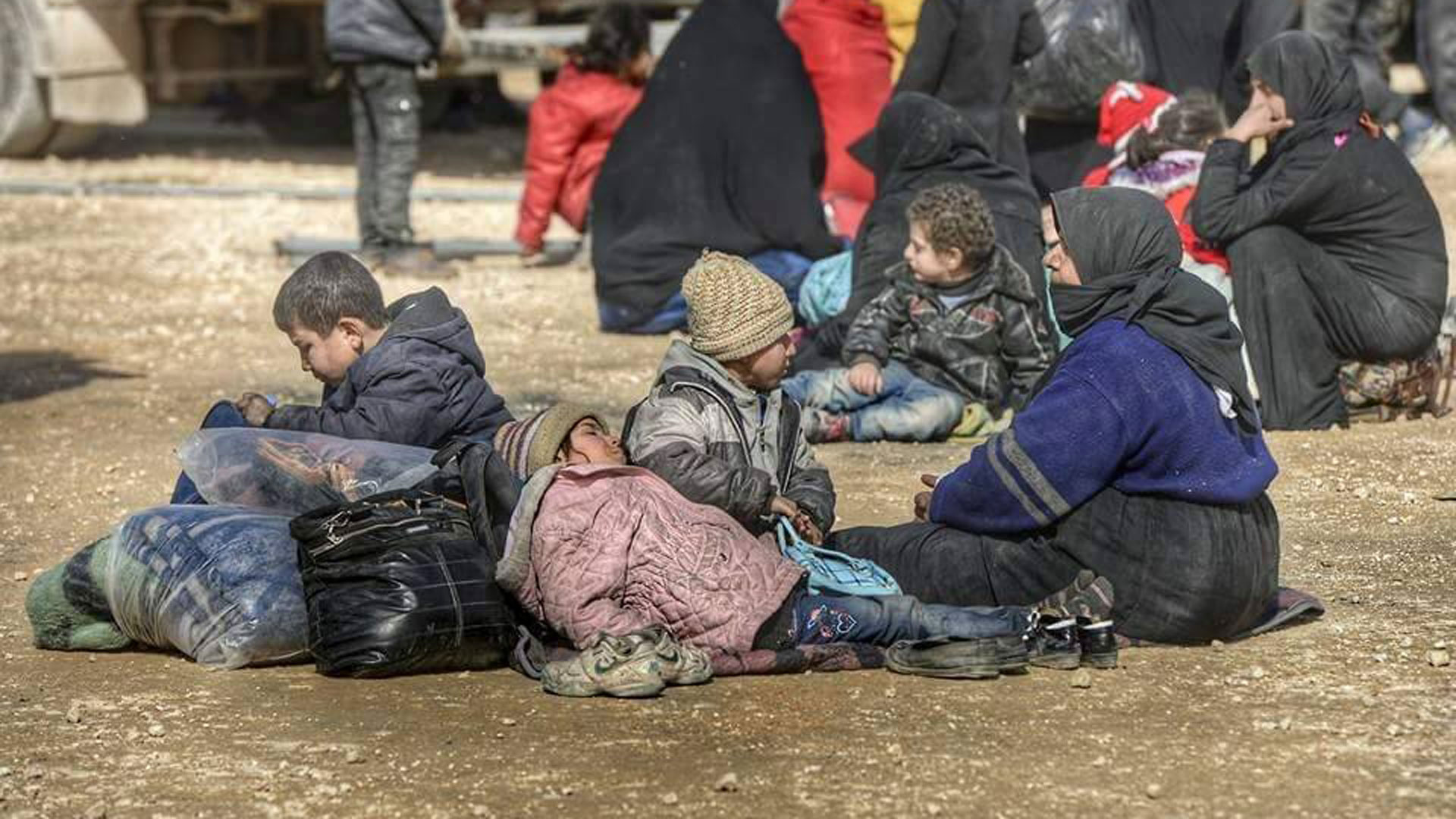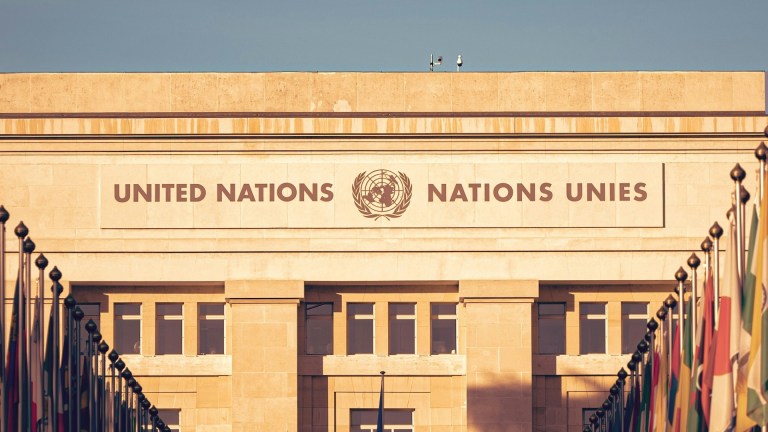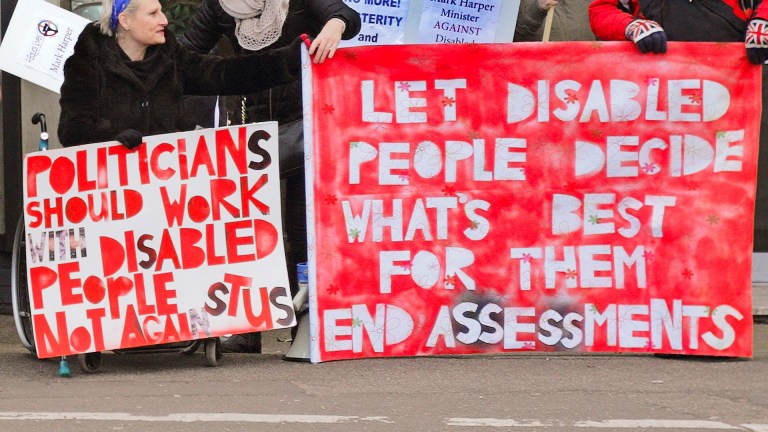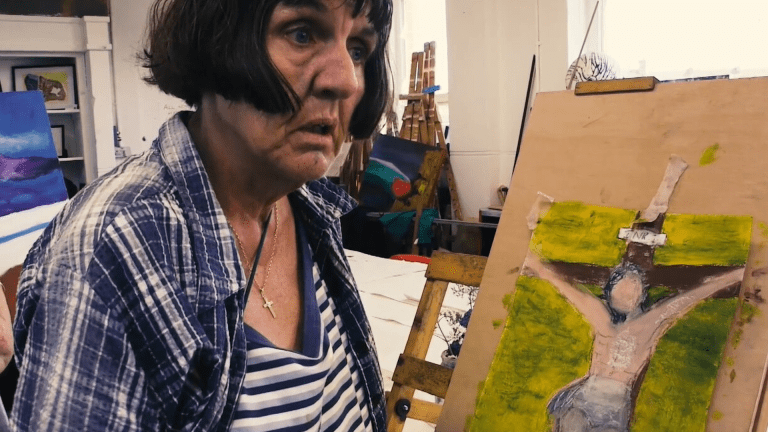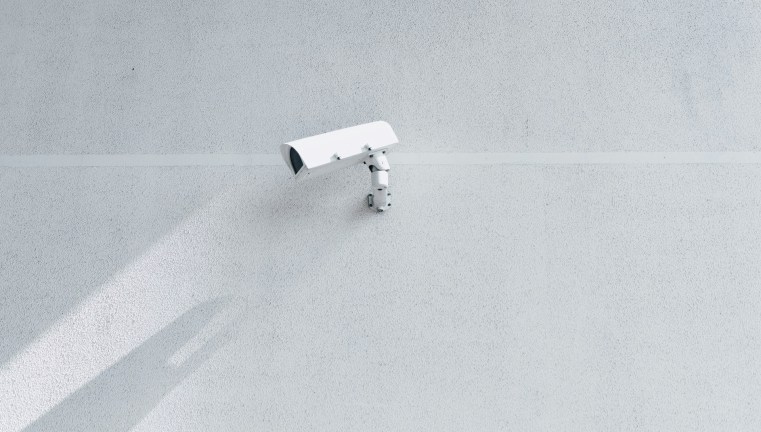After two hours I decided to drive into the small town of Gevgelija. The train station was teeming with refugees, I was sure the family must be there but so were the police. I didn’t dare stop, it would look too suspicious, a foreign car in a poor area of a small town full of refugees. So I drove off for a while hoping the police would be gone by my next attempt. After an hour, back to the train station, this time no police and there they were waving at me from the side of the road.
We headed ever northwards. To be honest I was annoyed, we had lost valuable time because they hadn’t followed instructions, instructions which were for their safety as well as mine. Because other refugees were crossing the border they followed them and ignored everything I had said. There seems to be something in the Syrian mentality, which I had not noticed before, they stick together and follow the group, but they don’t realise that the group offers them no real protection, not in a situation like this.
The drive towards Serbia was simple but I was tired and wanted to stop for the night. There was a hotel near the border in Tabanovtse but they didn’t want Syrians staying unless they had a transit visa from the Macedonian police which gives them 72 hours to pass through the country, so we had to push on. I turned off the highway before border control. Other Syrians were there, preparing to walk across country into Serbia.
I drove back to a quieter area and told the family as strongly as possible that trying to cross the border tonight was a bad idea
We arranged to meet in the Serb town of Preshevo, this time it was a longer walk, about eight kilometres and it was starting to get dark. I crossed the border and drove to Preshevo. The place was packed with refugees, not only Syrian but also Afghans, Iraqis, Pakistanis. There must have been at least 1000 of them but the atmosphere in the town was relaxed.
In many ways the local economy must be booming. Before travelling, many refugees make sure they have enough money for the journey and they spend it as they go. One shopkeeper, who spoke a little English, said, “They don’t steal, they pay for everything, the only problem is the mess.” Finding a place to go to the toilet and wash is difficult and litter just gets dumped. However, 1000 new refugees arriving every day brings in money, as the arrivals from the previous day move on.
I had misgivings about crossing into Hungary from the Serb town of Horgos. It is used by many refugees because this is where the buses bring them, and there must be at least a dozen buses every day. On the other side of the border in Hungary is the village of Roszke which has a train station, from there refugees try to get on trains to the north. We arrived in Horgos and Fadl stopped to talk to some of the many Syrians for information but I had the impression that they didn’t really know what they are doing, trying to succeed only through sheer weight of numbers.
Suddenly, we saw Serbian police loading Syrians into vans, no friendly smiles here, we had driven into the middle of a police operation, which also seemed to be co-ordinated with the Hungarian police as later became apparent. Turning around, I drove back to a quieter area and told the family as strongly as possible that trying to cross the border tonight was a bad idea and that I really didn’t like the location.
But Fadl’s mother-in-law, who is stubborn as a mule, was determined to make the crossing. She got out of the car and started walking to join another group of Syrians who were about to attempt the crossing and the rest of the family had no choice but to follow her. Again the herd instinct kicks in and because they see a large group they think they must be doing the right thing and are blinded by the all-consuming desire to cross the border.
They were captured by the police and the local chief decided who could pass and who could not
To be honest, it reminded me of the migration of wildebeestwhen they have to cross the river and the crocodiles are waiting for them, they just go, taking their chance in weight of numbers. It was madness.
As they were getting out of the car Fadl gave me his money, some €900. He thought the police might steal it if they caught him but I told him to keep it, he might need it for an emergency. We agreed that I would wait on the Serbian side of the border.
It was my turn to cross into Hungary and I was nervous. What I had not expected was the huge wait, almost two hours, as the Hungarians were searching all cars. I had all their baggage, which could raise some difficult questions. One of the border guards tapped on the back of the car, my passport ready in hand was already out of the window. He asked, “What you do?” I replied, “What do I do or what am I doing?” It was enough to put him off balance, after a two-second look in the back he let me pass.
Finally, I received a message with the family’s location. It was now 2am but the level of police activity was very high, they were everywhere. I stopped and put on my hazard lights, this was the agreed signal. Just then the police pulled up behind me. I told them I was looking for a hotel and they seemed to accept this. But knowing there was no way I could now stay on that road and wait for the family, I drove back towards a petrol station and let the family know in a message this was now our only hope to meet.
When there I saw a large group of refugees walk out of the dark, seconds later two police vans came racing after them. It was bedlam. They started running in all directions, the police chasing after them, their sticks held above their heads to hit anybody who resisted. I didn’t see anybody get hit but the threat was there. Some simply stopped running, they knew the game was up.
Watch the Pride special collection.
Our LGBTQ+ film playlist offers a new and interesting angle on LGBTQ+ love and struggle – giving an international overview by taking us inside some of the most and least sexually liberated countries in the world.
Sign Up NowThen I got a message to say the family was coming in a taxi. This is where my insisting that Fadl took his money paid off. They were captured by the police and the local chief decided who could pass and who could not and that depended on money, €200 per person and the family was four so €800 in total. Then the local taxi working with the police charged them €100 to drive them the short distance to the fuel station.
I saw the taxi coming. I had never seen them move so fast as when they jumped into the car. Taking care to drive normally, we headed for the highway. The sky was beginning to get light, it had been a very long night. We drove north, wanting as much distance between us and that border as possible. We found a rest place south of Budapest and slept for a couple of hours. There were no more border controls.
The next day was relaxed and I was able to get them safely to their destination. For the family, their journey had a safe ending but it is not so for millions of others who feel they have no choice but to flee their countries because of war or oppression.
I know that Europe is not big enough to take everybody but they are human beings like you and I and have the same right to a dignified life. Fadl has dreams of starting a small restaurant. His brother was shot by a sniper and leaves behind three young children. Fadl is sworn to do all he can to support them financially. His wife Majelina had to stay behind in Turkey but she looks forward to the time she can join her husband. Their story is no different to so many others. They are flesh and blood with the same hopes, fears and emotions as anybody.
@Russell_Reports
Photo: Syrians fleeing the Russian bombing of Aleppo and trying to cross the Turkish border © Mostafa Sultan
